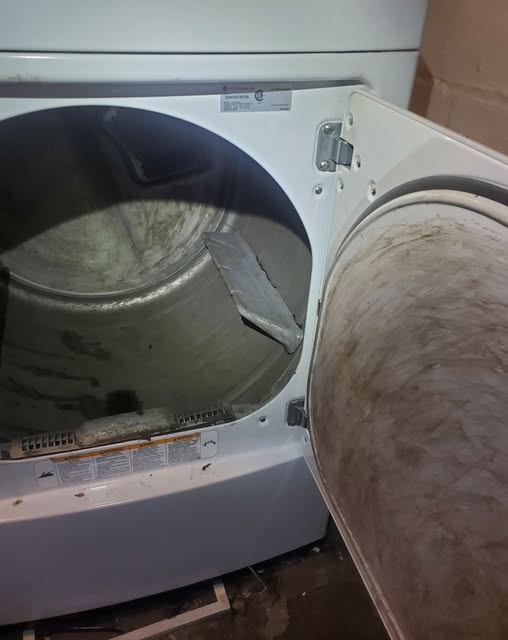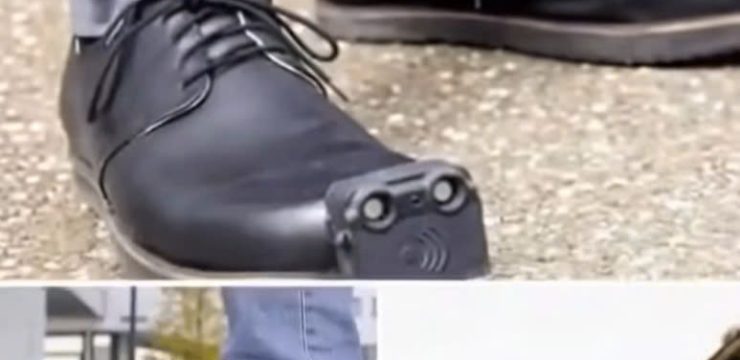If you’re like most people, you’ve probably tossed just about everything into your washing machine without thinking twice—clothes, towels, bedding, even the dog’s bed. I used to be one of those people too. I figured if it fits and it’s dirty, it belongs in the washer. But after learning more about how certain heavy items can affect your machine, I’ve realized it’s time to be a little more cautious, especially when it comes to something as deceptively simple as a bath mat.

Bath mats are designed to soak up water—that’s their main job. Whether you step out of the shower or tub, you count on that mat to absorb every last drop from your feet. Because of this, bath mats tend to get very wet, very fast. And when they’re fully saturated, they become incredibly heavy. That’s where the problem begins. Throwing a sopping wet bath mat into your home washing machine can cause far more damage than you might realize.
According to experts like those at Family Handyman, water-logged items such as bath mats, comforters, duvets, dog beds, and sleeping bags pose a serious risk to your washing machine. These items can overload the washer’s spin basket and strain its drain motor. The result? Potential damage to internal parts like the spin basket bearing—a repair that’s not only costly but could eventually lead you to needing an entirely new washer. That’s a pretty steep price to pay for skipping the laundromat.
Even if your washer seems to be working fine on the surface, there could be hidden signs of wear and tear from washing too many heavy or water-logged items. One thing you can check at home is the space between the washing machine’s plastic tub and the metal spin basket. If there’s more than about 1/8 inch of space between the two, your washer may already be suffering from stress and imbalance caused by heavy loads. Another red flag? If you hear loud thumping or clunking sounds during the spin cycle or when spinning the basket by hand, those noises could indicate that internal components have been damaged.
It’s easy to overlook just how much stress these heavy loads put on your washing machine. After all, it’s built to handle dirty clothes and big loads, right? Yes, but only up to a point. Regular laundry—like shirts, jeans, and towels—doesn’t weigh nearly as much when wet as a fully soaked bath mat or comforter. When those water-soaked items slam around in the drum, it throws off the balance and wears out important parts faster than you’d think.
So, what should you do instead? The best solution is to take your heavy or overly absorbent items—especially bath mats—to a laundromat. Commercial and industrial washers are built to handle those kinds of loads without taking damage. They’re bigger, sturdier, and equipped with motors and baskets designed to manage the extra weight and water. While it might feel like an inconvenience at first, using a laundromat can save you a lot of money and hassle in the long run.
If heading to a laundromat isn’t convenient, consider washing your bath mats by hand or at the very least, wringing out as much water as possible before loading them into your machine. You can also rotate how often you wash your mats or buy lightweight versions that are easier on your washer. Just keep in mind that even though bath mats don’t take up a lot of space, they do pack a punch when soaked—and your washing machine may not be built to handle that kind of stress over time.
In short, while it might seem like no big deal to toss your bath mat in the wash, doing it repeatedly can lead to serious damage. What seems like a simple chore could end up costing you hundreds of dollars in repairs—or worse, force you to replace your washer entirely. So next time you’re tempted to toss that heavy mat in with your regular laundry, think again. A trip to the laundromat might be a better, safer choice for both your machine and your wallet.





